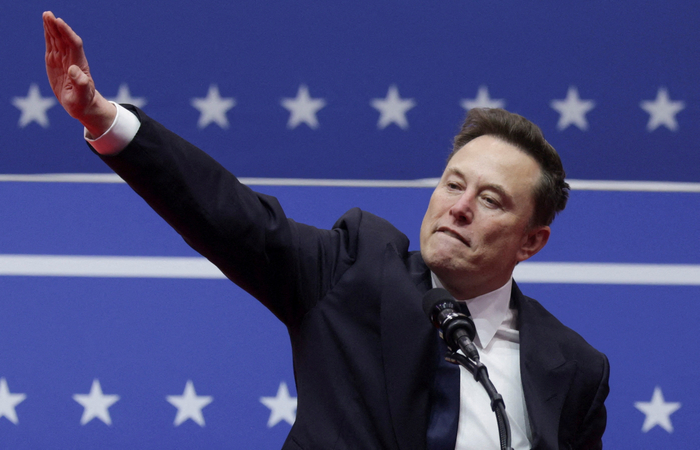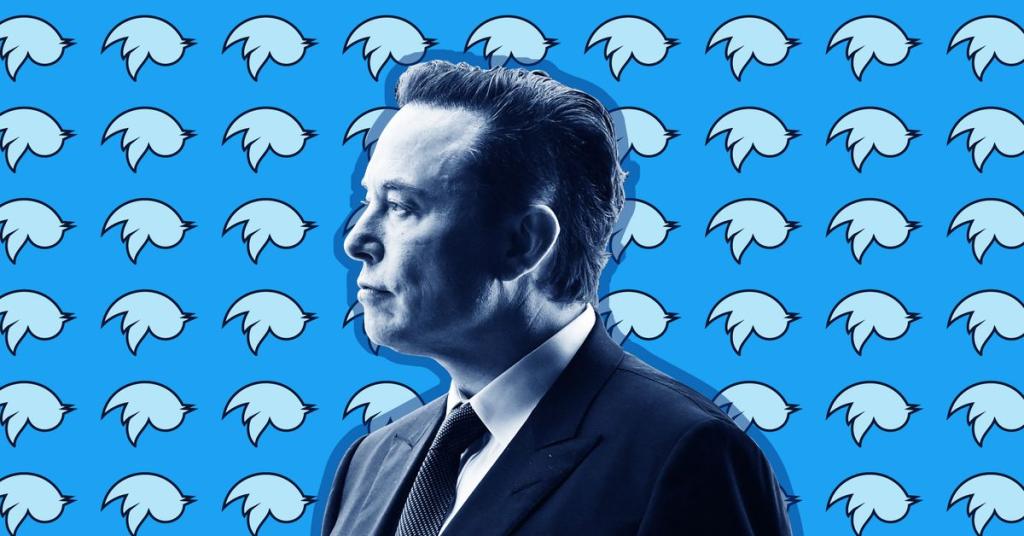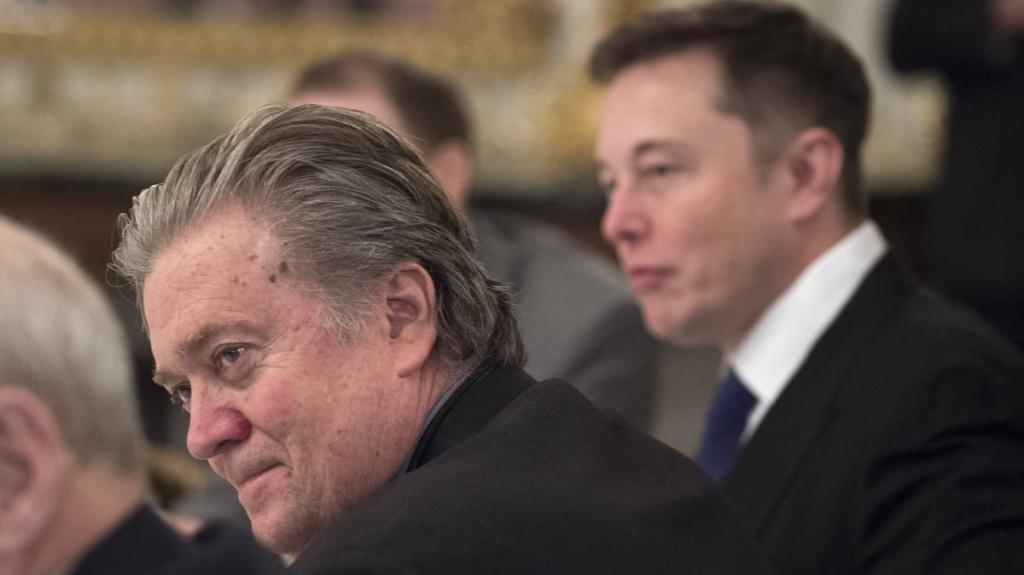Elon Musk's Endorsement of AfD and Its Impact on Germany
Discover how Elon Musk's endorsement of Germany's AfD party is reshaping political discourse and influencing voter sentiment ahead of the upcoming elections.
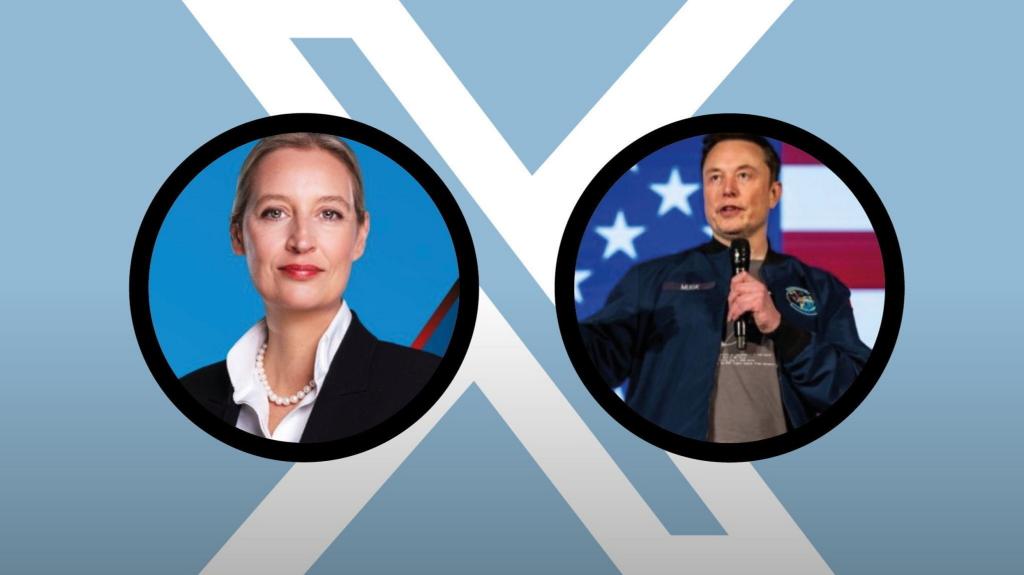
Key Points
- Elon Musk
's endorsement of the far-right AfD party highlights his increasing influence in European politics ahead of Germany's national election.
- The AfD's rising popularity reflects growing dissatisfaction with mainstream parties and socio-political issues in Germany.
- Musk's involvement raises ethical concerns about foreign influence in politics and the responsibilities of powerful figures on social media.
In recent weeks, the political landscape in Europe has witnessed a remarkable shift, significantly influenced by the actions of one of the world’s most prominent billionaires, Elon Musk. Known for his groundbreaking work with Tesla and
, Musk has now ventured into the realm of politics, endorsing the far-right Alternative for Germany (AfD) party as Germany gears up for its national election on February 23. This unexpected endorsement has sparked debate and concern across Europe about the implications of such influential figures engaging in foreign political arenas.
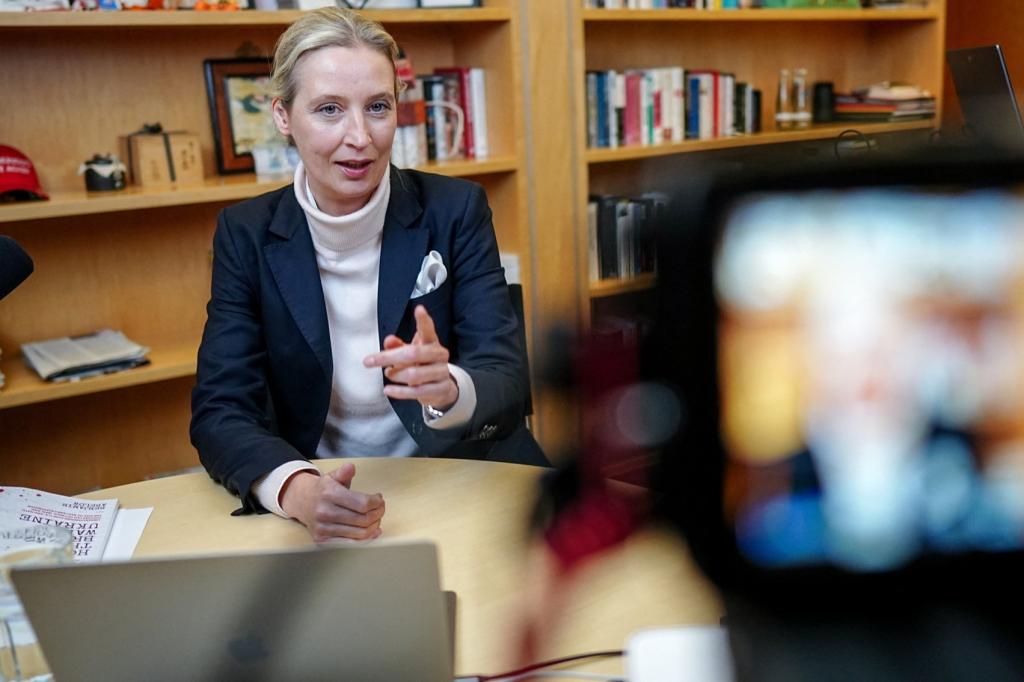
during the live stream". />
The Musk-Weidel Conversation: Key Takeaways
During a live-streamed conversation on his social media platform X, Musk praised Alice Weidel, co-leader of the AfD, and expressed a strong recommendation for voters to support her party. He boldly stated, “Only AfD can save Germany, end of story”, emphasizing the need for change in a country he claims is facing severe challenges.
Musk and Weidel touched upon topics such as high taxes, immigration issues, and the controversial closure of nuclear power plants in Germany. Their discussion resonated with many viewers, drawing around 190,000 live participants. This level of engagement indicates the potential reach and influence Musk wields, raising questions about the responsibility that comes with such power.
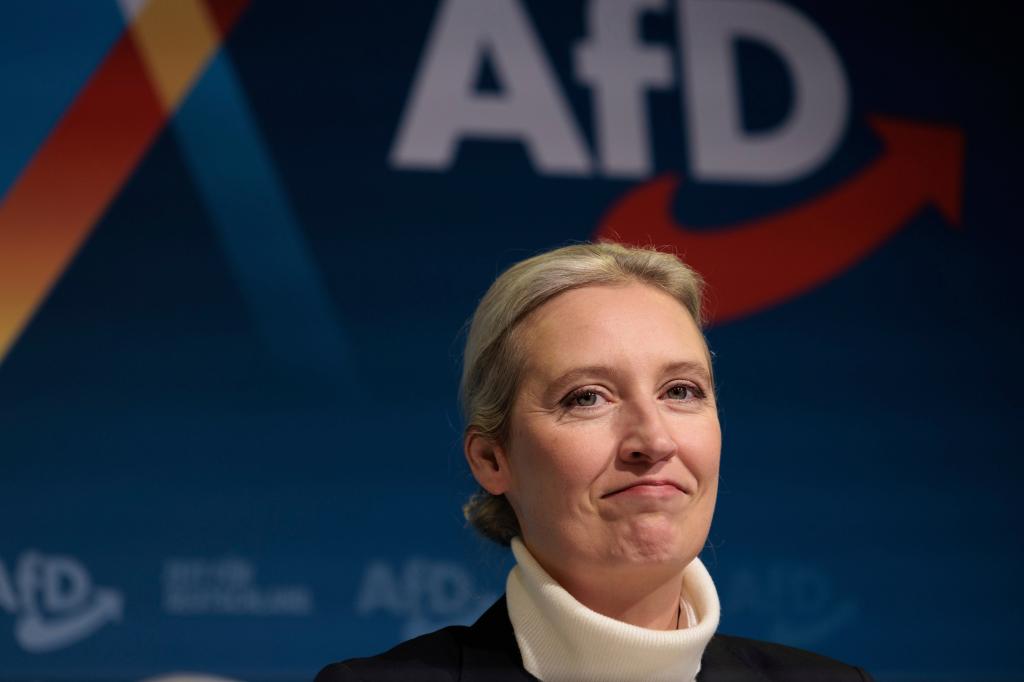
Contextualizing the AfD's Rise
The AfD has been described in various reports as a far-right party, often labeled as extremist by Germany’s intelligence services. However, the party has made significant gains in popularity, currently polling as the second-most popular party in Germany. This rise comes amid increasing dissatisfaction with current political leaders and widespread grievances related to immigration policies, economic conditions, and
involvement.
Musk’s endorsement may not only bolster the AfD’s visibility but also encourage a shift in public perception about the party, contrasting the stigma that has traditionally surrounded it. The discourse Musk has initiated could potentially reshape mainstream political conversations as voters seek alternatives to the established parties.
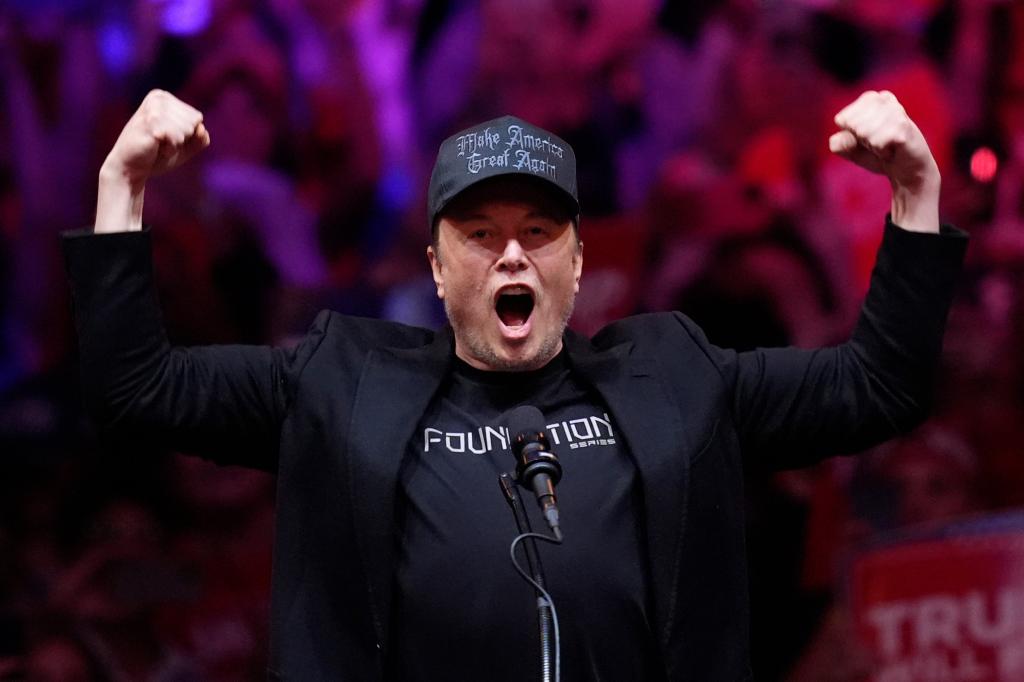
Musk's Influence: A Global Perspective
While Musk's political engagement in Germany is particularly noteworthy, it's essential to recognize that this isn’t an isolated incident. His previous support for
and other far-right parties in Europe indicates a broader trend of significant and wealthy individuals stepping into political advocacy. This shift raises concerns about the overall integrity of democratic processes and the effects of social media on voter behavior.
As European leaders respond to Musk’s involvement, there is growing anxiety about maintaining political autonomy in the face of such influential figures. Critiques have already emerged likening Musk's actions to attempts at meddling in sovereign nations’ affairs. This scrutiny highlights a critical conversation about the ethical boundaries of influence and the responsibilities of public personalities.
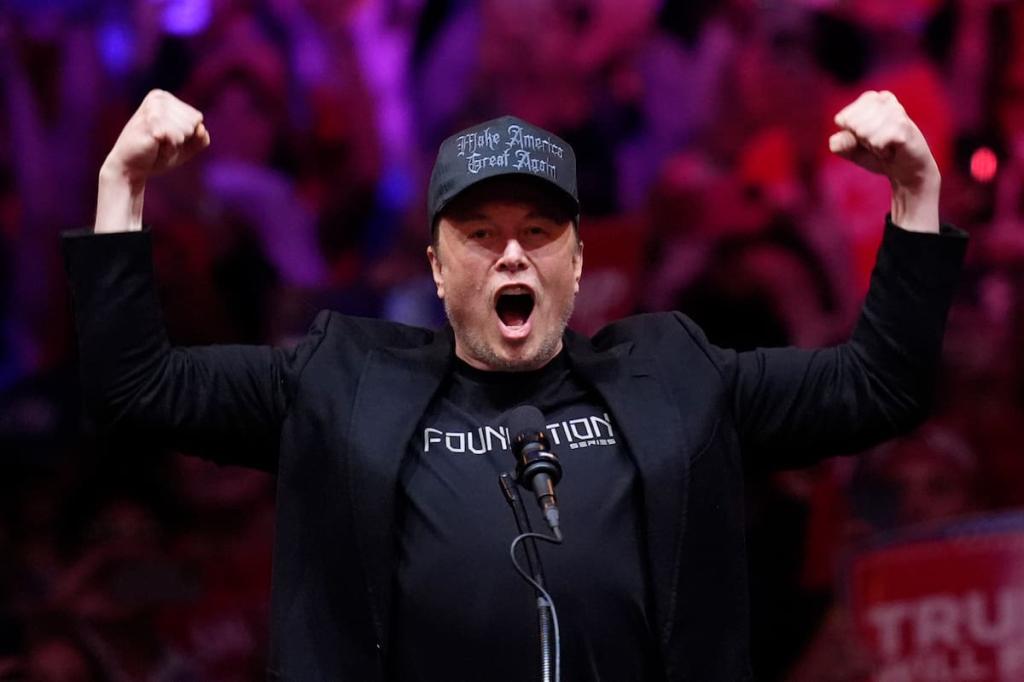
The Road Ahead
As the February election approaches, the political climate in Germany will undoubtedly continue to evolve. With the AfD gaining traction, mainstream political parties are prompted to reevaluate their strategies to counter the influence of both Musk and the far-right ideologies that are making a resurgence in European politics.
Going forward, it remains crucial for voters to critically engage with the narratives being presented to them, particularly those amplified by influential figures in social media. As we witness a convergence of technology, media, and politics, the need for informed decision-making and active participation in democratic processes has never been more imperative.

The engagement of prominent figures like Musk in foreign politics can open new debates and perspectives, but it also necessitates vigilance from both citizens and democratic institutions to ensure that political integrity is maintained. As the world watches, the dynamics of this unfolding situation will continue to shape the future of politics in Germany and beyond.
